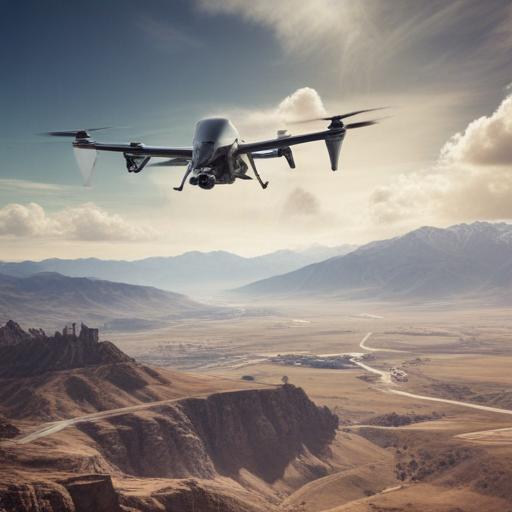Israel has recently launched Operation Rising Lion, a pre-emptive military strike against Iran aimed at crippling the nation’s nuclear program and military capabilities. According to Israeli Prime Minister Benjamin Netanyahu, the offensive was crucial to prevent Iran from developing a nuclear weapon in the near future. This military operation targeted key sites, including facilities integral to Iran’s ballistic missile production and notable military leaders within the Islamic Revolutionary Guard Corps (IRGC).
The IRGC, which serves as the primary military force of Iran, is responsible for overseeing the country’s ballistic missile program. It has been a dominant branch of Iran’s armed forces since its establishment in 1979, boasting an estimated military strength that some analysts suggest could exceed 200,000 personnel when including associated militias like the Basij. The IRGC is also notable for its extensive involvement in regional conflicts and its efforts to influence various militia groups across the Middle East.
In terms of military capabilities, the IRGC is known for possessing a formidable arsenal of ballistic and cruise missiles, described as the largest in the region by experts. Recent developments have seen Iran reveal advanced missile systems, including the domestically produced hypersonic missile, which poses significant challenges to interception due to its high speed and complex trajectories. Furthermore, Iran continues to assert that its missile program is essential for defensive purposes against threats from Israel and the United States.
Tensions have escalated further with Iran’s support for militant groups that have engaged in attacks against Israeli interests. Groups like Hezbollah and the Houthis in Yemen have received Iranian backing, presenting a united front known as the “Axis of Resistance” against perceived US and Israeli aggression in the region.
Despite these military advancements, Iran maintains a stance of denying any intentions of nuclear armament, even in light of allegations that it has not complied with international nuclear agreements. The complexities of Iran’s military posture raise questions about future escalations in the geopolitical landscape, especially as the responses to Israel’s latest actions unfold.
The situation retains global attention as analysts predict further repercussions for diplomatic negotiations surrounding nuclear agreements and ongoing conflicts in the Middle East. The approach to Iran’s military and nuclear ambitions remains a critical point of concern for international stability.
As developments continue, the international community may find a glimmer of hope in the possibility of renewed diplomatic dialogues, which could lead to a de-escalation of tensions throughout the region.
